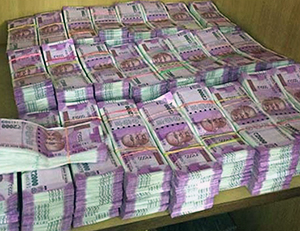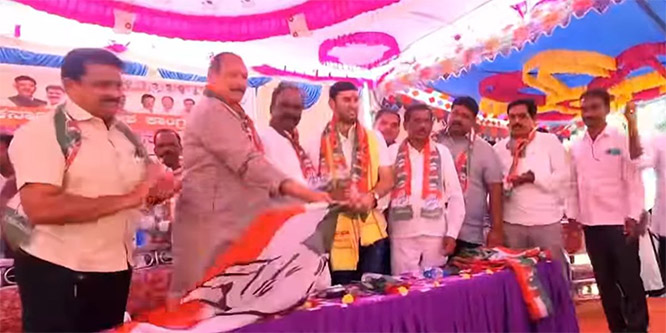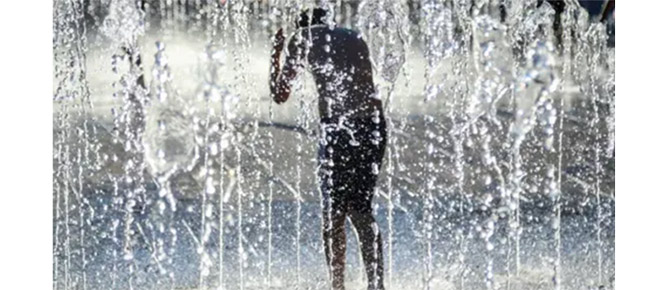Bengaluru, Mar 19: Criminal Investigation Department (CID) on Saturday conducted simultaneous raids on the houses of seven officials of Minor Irrigation department who were working in Koppal district and allegedly involved in an irregularities of `39.38 crore.

The officials are Premanand Kumar, executive engineer, H D Jhadhav, technical assistant, B Shivakumar, assistant executive engineer, S Manohar, assistant executive engineer, M H Pawar, assistant executive engineer and Chandrashekhar S Kalburgi, First Division Assistant of the Minor Irrigation department in Kustagi division.
CID officials conducted raids in Mysuru, Kolar, Vijayapura, Ballari, Davanagere and Kustagi and seized documents of various assets, gold ornaments, bank passbooks, documents pertaining to bank lockers, vehicles and other documents.
A CID source said that from October 2015 to January 2016, the officials sanctioned works worth `39.38 crore. The money was released to contractors without the work being carried out.
A case was registered in Kustagi police station in 2016 and the case was handed over to CID in November 2016.
CID officers said, “The accused made 3,938 fake bills pertaining to 172 work contracts for de-silting and various construction works that are below `1 lakh in order to evade the Transparency Act as any works above `1 lakh should be called for a tender.”
The officials transferred the money to various bank accounts of several contractors. With this the accused duped the state exchequer to the tune of `39.38 crore.
The CID officials said investigations have revealed that many officials in the Minor Irrigation department along with the contractors were involved in the scam and investigations are on to expose their role.








Comments
Add new comment